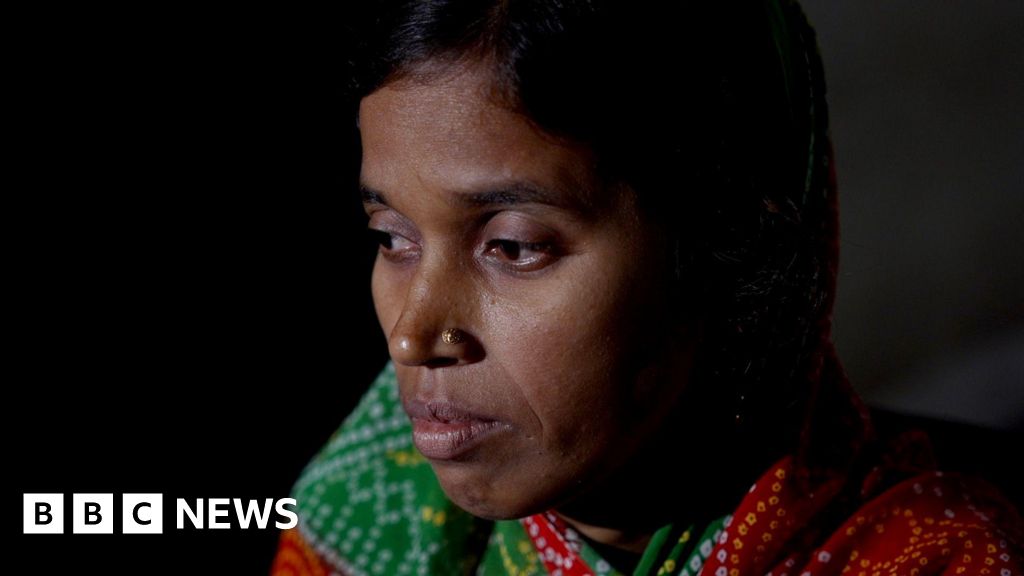Nine years after Bihar, India’s poorest state, imposed a statewide ban on alcohol to combat addiction, domestic violence, and financial hardship among its most vulnerable families, questions linger about the policy’s true effectiveness. The state government’s ambitious prohibition law, introduced in 2016 under Chief Minister Nitish Kumar, was driven by strong demands from women’s groups and has remained a cornerstone issue in Bihar’s political landscape. Yet, despite its firm enforcement on paper, the reality on the ground reveals a complex struggle marked by enforcement challenges, ongoing illicit trade, and mixed social outcomes.
The BBC recently accompanied Bihar excise officials on a morning raid targeting bootleggers, exposing some of the stark challenges faced in enforcing the ban. The raid took place near Patna, the state capital, where officials armed with a sniffer dog traveled swiftly across the Ganges River by boat to reach a suspected illegal distillery. Upon arrival, they found a crude setup of a dozen metal drums fermenting jaggery—a type of cane sugar—into country liquor. Steam rose from the drums embedded in the riverside mud, the equipment still warm, indicating recent activity. However, the operators had fled just minutes before the raid, a scenario officers say is common due to frequent tip-offs.
This incident underscores a critical enforcement gap: while the prohibition law remains firmly in place, its practical implementation is riddled with difficulties. More than 1.1 million cases have been registered since the law’s inception, with over 650,000 convictions. However, over 99% of these convictions relate to consumers caught with alcohol rather than producers, sellers, or transporters, revealing that the supply side of the illicit market remains largely untouched. In fact, illicit alcohol continues to be widely available, as evidenced by seizures worth more than 522 million rupees (over $6 million) in the six weeks leading up to the recent state election.
Local law enforcement officials, speaking anonymously, attribute the enforcement difficulties to several intertwined factors. Staff shortages limit the capacity for sustained crackdowns, while smugglers have adopted increasingly sophisticated methods to evade detection. Moreover, there are suspicions of collusion between illicit liquor producers and some authorities, complicating genuine efforts to dismantle illegal operations. Ratnesh Sada, an outgoing minister responsible for prohibition issues, acknowledged the challenges by comparing the situation to laws against murder—noting that harsh penalties do not entirely prevent crimes. Still, he emphasized that action has been taken against at least a hundred illegal traders, with their properties seized.
Sunil Kumar, an excise official involved in enforcement, painted a frustrating picture: “We destroy these setups, but within days they are up and running again.” The geography of Bihar makes police work especially difficult. As a landlocked state, Bihar borders Uttar Pradesh, Jharkhand, and West Bengal— all of which permit alcohol, thus serving as major sources of smuggled liquor. Additionally, Bihar shares a 726-kilometer porous border with Nepal, which has become a critical conduit for alcohol smuggling, further complicating enforcement efforts.
Despite these ongoing challenges, many women in Bihar strongly support the alcohol ban, especially those who have suffered firsthand from the devastating effects of alcohol abuse in their families. In the district of Chhapra, for example, Lalmunni Devi, who lost her husband after he consumed toxic illicit liquor in 2022, described how alcohol destroyed her family’s life. She expressed a heartfelt wish that no one else would have to endure similar suffering. Another widow, Neetu Devi, emotionally recounted her husband’s death and argued that if the government completely shut down illegal distilleries, the availability of harmful liquor would cease, thereby saving lives.
Experts studying the social impact of prohibition in Bihar highlight the complexity of the issue. Rajeev Kamal Kumar, an anthropologist at Patna’s AN Sinha Institute of Social Sciences who contributed to a government study on the policy, noted that the ban has had positive effects for many households. According to him, women and elders reported improvements in family finances, children’s education, and nutrition following the ban’s implementation. However, he also acknowledged the undeniable reality that illegal alcohol production and trade persist, undermining the law’s intended benefits.
Bihar’s experience is neither unique nor unprecedented in India. Several other states have attempted prohibition at various times, often with mixed or unintended results. While the goal of reducing alcohol-related harm is laudable, prohibition policies frequently trigger

